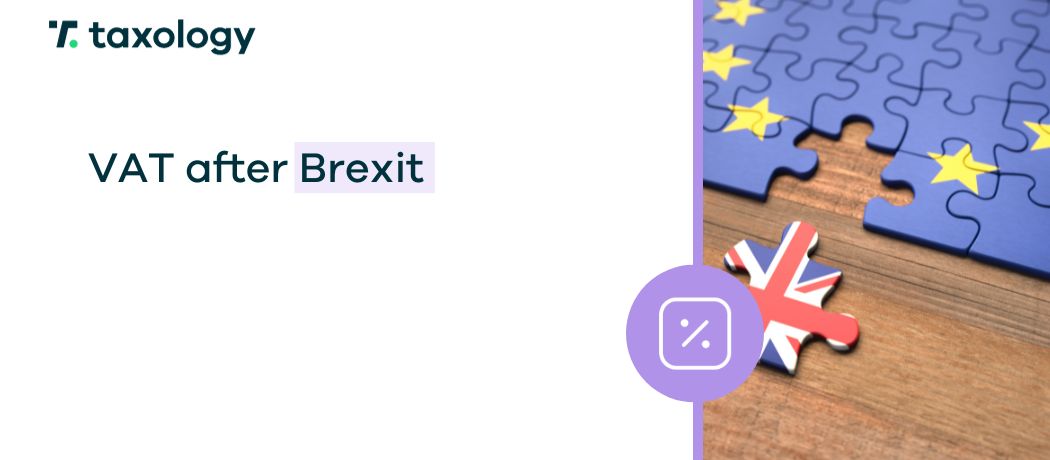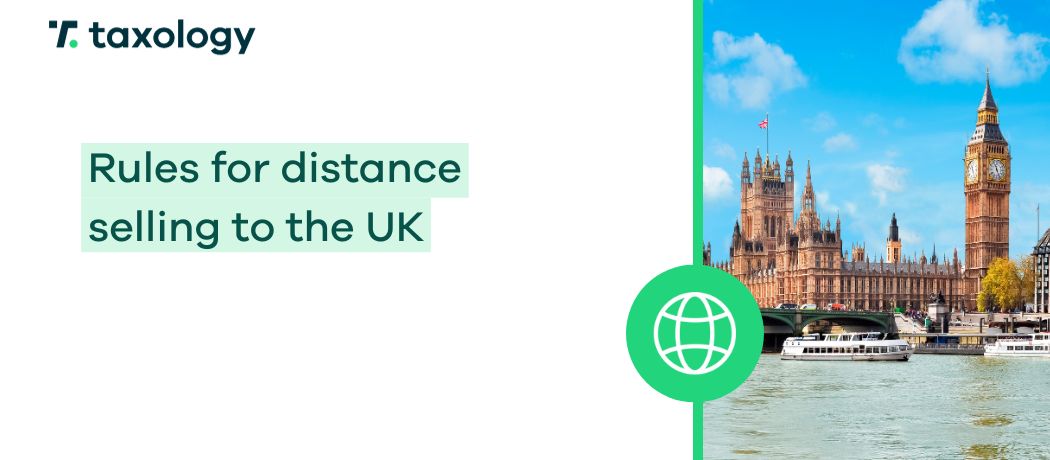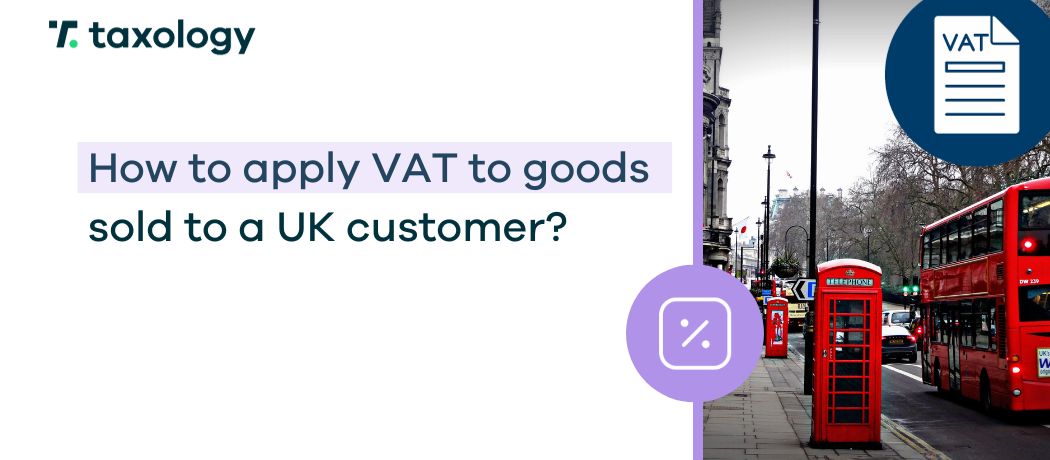Post Brexit, businesses appear less keen to undertake mail order sales from Poland to UK customers. This is due to the uncertainty related to the new legal formalities.
Read in: 4 minVAT after Brexit
- Last update: 23.02.2024
- Published: 10.12.2020
- Read in: 4 min
What does Brexit mean for online sellers? Which VAT obligations must be met? How should you settle VAT after Brexit? Below you will find a short summary of the most important tax issues related to Brexit.
Import of goods in Great Britain
From January 1, 2021, controls on the flow of goods between Great Britain and the EU will be introduced. Companies that are transporting goods to Great Britain will therefore be required to submit customs declarations in Great Britain.
EORI and Brexit
Important! You will need an EORI number to settle the import of goods in the UK. Please let us know if you need support in obtaining EORI.
Customs clearance can be done through customs agencies, operators or freight forwarders. Information regarding duty rates can be verified on the following page:
https://www.gov.uk/guidance/uk-tariffs-from-1-january-2021
Online Marketplaces (OMP)
British tax regulations will impose additional obligations on sales platforms (OMP) in the case of sales by entities. In particular, OMP will be required to collect and pay VAT to HMRC. At the same time, the seller will be required to report the 0% VAT rate supplies to OMP (although OMP does not purchase products).
As explained by HRMC, the above scheme will not apply to B2B transactions (deliveries made to UK VAT payers). As a result, upon such transactions, the seller will be responsible for the settlement and payment of the VAT to HMRC.
In summary, regardless of the OMP obligation to settle tax, sellers who store goods in the UK will still be required to register and settle VAT in the UK – due to import of goods, supplies to OMP and B2B sales.
Selling through your own online store (without OMP)
In the case of goods shipped to customers in the UK from other countries (without the participation of OMP), you should remember about the obligations arising from Polish tax regulations. In particular, for the purposes of applying the 0% VAT rate (as an export of goods), it is necessary to have a confirmation of customs clearance (IE 599 form). The lack of appropriate documentation may result in imposing of the VAT in both countries.
Goods with a value below £ 135 will be exempted from VAT upon import of those goods. However, the seller of the goods (sale made without OMP involvement) will be required to settle the VAT on the sale. There are no distance selling thresholds in this regard, hence, even a single sale to customers in the UK will result in the obligation to register for VAT purposes in the UK.
Do you want to start selling to the UK, but you are concerned about VAT settlements? Find out how to apply VAT to goods sold to a UK customer.
If you have any questions regarding VAT Compliance after Brexit, contact us. We will help you not only in obtaining an EORI number but also in all formalities related to VAT in Great Britain.




